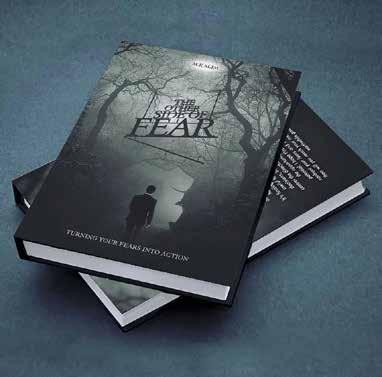Editorial
The Netherlands General Election: What to expect
O
n 17th March 2021, The Netherlands goes to the ballot box for regular elections for the House of Representatives to decide which direction the country would be govern. In this editorial, we want to take a look at how politics are played here in an organized manner that no one loses his or her life in the process and not even much violence associated with the elections. In fact if you are not a smart observant, you may miss out of the whole election process. Of course things has drastically changed with the corona crisis as many campaigns are done digitally and less political gatherings however the polls are more reliable as projections can be taken seriously. To stand with, on 15 January 2021, the Dutch government collapsed and stepped down because of the so-called “day-care allowance affair”, in which the government unjustly treated thousands of households as fraudulent. However the government continued as a caretaker government,- a system the Dutch are very used to and are experts in managing it and it is that mode the country goes into another elections. So what is expected at the polls? Looking at recent polls as a given - and outline the positions of the political parties most relevant for the next coalition for the next four-year term, there is no dramatic change in Dutch politics. The Dutch political landscape is likely to remain scattered, with 14 parties polling for at least one seat in the lower house and six parties with a medium number of seats partner may remain so in the coming government.. Prime Minister Mark Rutte’s VVD remains the party with by far the most support of the electorate, polling between 41 and 45 of a total 150 seats. It might actually grow substantially compared to its current 32 seats. This combined with a small loss of support for coalition partners D66 and CDA and a minor gain for ChristenUnie provides ample room for the current government to win another term and form the next government. It is not so complex to understand the Dutch politics; they look for alternatives and right now the other political parties do not offer such difference for them to do away with the VVD led coalition government of Mark Rutte. The challenging parties like CDA, D66 and PvdA all recently chose new political leaders with no experience in election debates despite the fall of the ruling party government, VVD, it continues as a caretaker government and the polls show no significant shift in support for coalition parties as a consequence so far. As it stands, it could be expected that the VVD will take the new initiative to form a new coalition government with at least three parties. Besides the current centre-right VVD-CDA-D66ChristenUnie coalition, a similar VVD-CDA-D66 coalition and centre-left government of VVD-CDA-GroenLinks-PvdA are 6
www.thevoicenewsmagazine.com
among the most evident options. The current lack of a Senate majority for all these options is not likely to be seen as an insurmountable hurdle. Current coalition partners have 81 of the 150 seats in the House of Representatives, 76 seats required for absolute majority. The breakdown is as follows: Pastor Amb. Elvis Iruh Editor-in-Chief VVD-43, CDA-18, D^^-14 and CU-6. Few changes is expected but whatever happens the VVD is still the party of majority choice in The Netherlands. Of course this election is different, the first under corona crisis period where there are several frustrations particularly among the young people and increasing number of voters in this coming election. Would it affect the government? The Dutch still runs such traditional parties that may not bring huge regime change. Nevertheless, the Dutch mood specifically regarding quick domestic austerity seems to have changed compare to the previous crisis period: a focus on long-run sustainability seems more likely than a push for short-term debt reduction. Meanwhile, there is also a lot of support for more public investment. A new development is that there are new political parties trying to break this tradition and at least gain one or two seats in the parliament, it is parties based on colour inequality, sexism, minority interest and not too long ago, the Dutch Party for the Animals gained few seats in parliament from 2 seats to 5 seats so nothing is impossible at this elections. To the European Union and the rest of the world, they are kin to follow the Dutch election, the next government is expected to remain in favour of conditionality and sanction capabilities in return for solidarity. Opinions about the necessity to change the European Stability and Growth Pact differ among the coalition candidates. The election manifestos of the parties that are most likely to join the government suggest that radical steps away from European projects such as leaving the European Monetary Union or the European Union seem very unlikely. Our final appeal is to ask the minority groups like the Africans to continue to participate in the electoral process and get involved, few are on the list of the big political parties and who knows if they vote, they could just surprise the book makers. We wish the Dutch a successful election.













